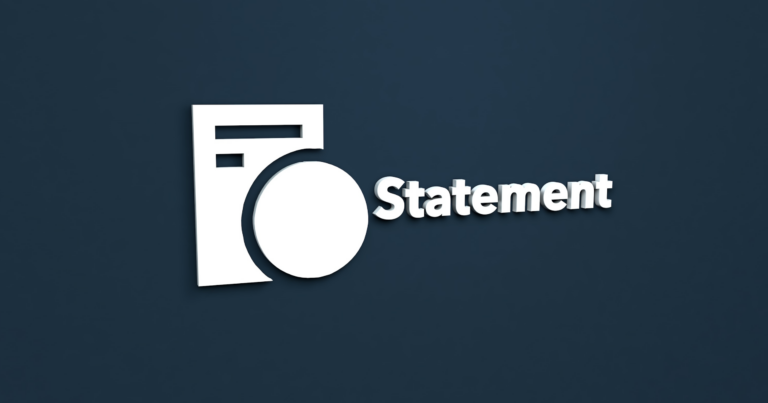The world of work is changing. The ‘9-5’ workday is rapidly losing ground to the rise of the ‘gig economy’. The REC’s latest report Gig economy – The Uberisation of work explores the notion of gig working, characterised by candidates assuming temporary, often ad hoc work contracts (or gigs) sourced through online talent marketplaces. By allowing businesses and workers to engage with each other on a project-by-project basis, digital work platforms like Upwork and Freelancer.com can be seen to be hailing in a new age of the ‘Uberisation’ of work.
The benefits of gig working
In recent years, gig working has gained traction globally, becoming the employment mode of choice for a large cohort of candidates. Opportunities that gig working brings to candidates include the chance to market themselves internationally, to set their own terms and conditions of work, and to experiment with different careers either instead of or alongside more traditional means of employment.
Employers and recruiters, too, can profit from the gig economy boom. Online talent marketplaces provide employers with access to global talent pools, reduce operational costs, speed up traditional on-boarding processes, and reduce the risks of unsuitable hires. One thing digital work platforms lack, however, is the ‘human touch’ that is crucial to screen and coax candidates into business-critical appointments. This is good news for recruiters, who remain essential interlocutors between clients and candidates in today’s increasingly competitive recruitment market.
Acknowledging the risks
Employers, recruiters and candidates alike need to be protected if gig working is to take off in the future. The latest research from the REC reveals that one in five businesses feel the risks of incorporating digital work platforms into their hiring strategies outweigh the benefits. A major concern for employers is ensuring they get access to high-quality talent. The quality of candidates is often reflected in the price. As such, we recommend that employers pay fair rates to gig workers and release funds as necessary to guarantee candidates are paid for their efforts.
Another concern for employers is ensuring gig workers are loyal to the work in hand. A lack of workforce cohesion when using gig workers could lead to employers paying for sub-standard work or, in the worst cases, facing reputational issues. Using gig workers to manage workflows can nevertheless be especially beneficial to small businesses. We, therefore, recommend employers develop appropriate ways to engage with gig workers to ensure they understand and respect their company’s brand, including the culture, mission, and ethos.
Rights and regulation
Candidates working via digital work platforms have no clear employment status and associated rights, including the right to sick pay, holiday entitlement and pension provisions. The government would do well to clarify the legal and tax status of gig workers and devise sustainable means for them to access social security protections. Since digital work platforms also have the potential to disrupt the recruitment marketplace as we know it, we urge the government to consider the inequalities of regulatory requirements between the gig economy and the UK recruitment industry, and set clear minimum standards for all digital work platforms operating in the UK.
Call to action
Our research shows that if the government clarified the legal status and responsibilities of digital work platforms, 23% of businesses would be encouraged to increase their use of gig workers. This could bring benefits to the entire UK labour market. If the gig economy is to work for all parties involved, the government should take steps to properly measure its impact now. Good practice must always remain at the forefront of recruitment. The REC’s Good Recruitment Campaign can help businesses adapt to the growing gig economy.



